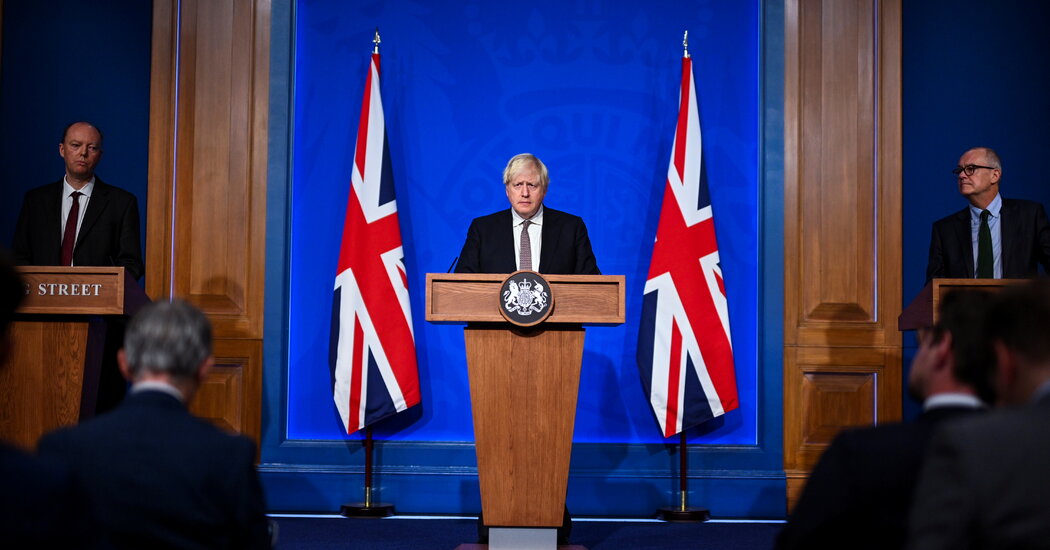Boris Johnson, the former British prime minister whose tenure was dominated and ultimately derailed by the coronavirus pandemic, is set to testify on Wednesday before an official inquiry into his government’s handling of the crisis.
Mr. Johnson will face hard questions about whether he waited too long to impose a lockdown as the virus engulfed Britain in March 2020. And he is likely to have to answer again for Downing Street social gatherings that violated lockdown rules — a scandal that forced him out of office after a parliamentary committee concluded he deliberately misled lawmakers about his attendance at some of those parties.
Mr. Johnson is expected to confess mistakes, particularly in the early days of the pandemic. But he is also expected to argue that he got other things right, not least the rollout of a vaccine, which was among the fastest in any major country, as well as his decision to reopen Britain’s economy in the summer of 2021.
The former prime minister is the most eagerly anticipated witness so far in the Covid-19 inquiry, an independent, public examination of Britain’s response to the pandemic, led by a former judge, Heather Hallett, that is expected to continue until 2026. But he is not the last marquee name to face the committee.
In fact, Mr. Johnson may prove to be merely a warm-up act for the current prime minister, Rishi Sunak, who served as chancellor of the Exchequer under Mr. Johnson and will face questions about his performance during the crisis.
The two days of testimony, experts said, will give Mr. Johnson a chance to explain how he navigated between ministers like Mr. Sunak, who warned about the damage of shutting down Britain’s economy, and influential aides like Dominic Cummings, who urged Mr. Johnson to impose swift, prolonged lockdowns.
Critics have faulted Mr. Johnson for careening from one strategy to another and failing to stick with decisions. “Some of that flip-flopping was him listening to Rishi Sunak one day and Dominic Cummings the next,” said Devi Sridhar, a professor of global public health at the University of Edinburgh.
Much of the public attention so far has focused on the infighting in the government. That has led some experts to express concern that the inquiry was not doing enough to set out lessons that would allow Britain to avoid missteps in the next pandemic.
“Where does this leave us, beyond trying to elect a different prime minister the next time?” Professor Sridhar said.
#Boris #Johnson #Face #Tough #Questions #Covid #Inquiry

